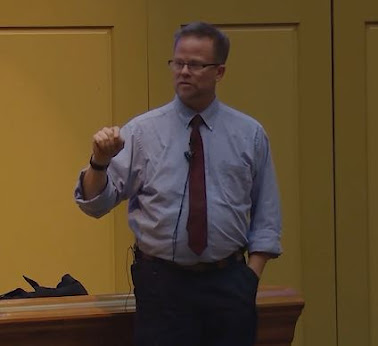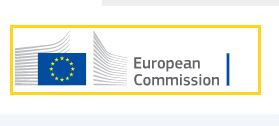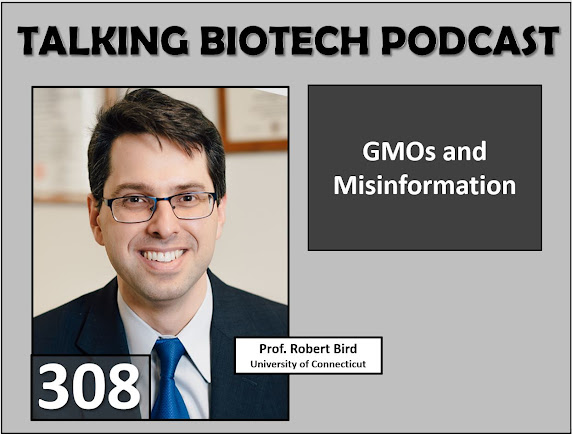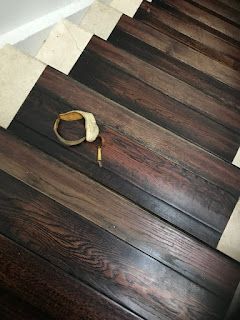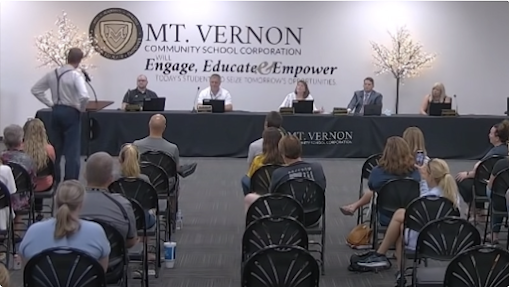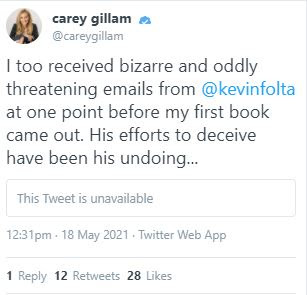Hey Goofballs, Science is Not a Popularity Contest

Starting a few weeks ago the European Commission began a public feedback period on the regulation of gene edited crops. Gene editing is a relatively non-invasive, rapid way to make precise genetic alternations of crops to improve specific traits. Changes made frequently emulate natural variations. The EU has had excessively harsh restrictions on transgenic technology, not approving any new genetically engineered crops in decades. Activists wish for the same hyper-rigorous repression of technology to be applied to new plant genetic improvement techniques. EU farmers and scientists almost universally feel that the technology could have some benefit, and should be part of the region's technologies. So when the European Commission opened a public comment period, it was spammed by an avalanche of identical and near-identical comments that were distributed by anti-biotech groups. No thinking, just copying and pasting as they were told to. The European Commission asked for scientif

